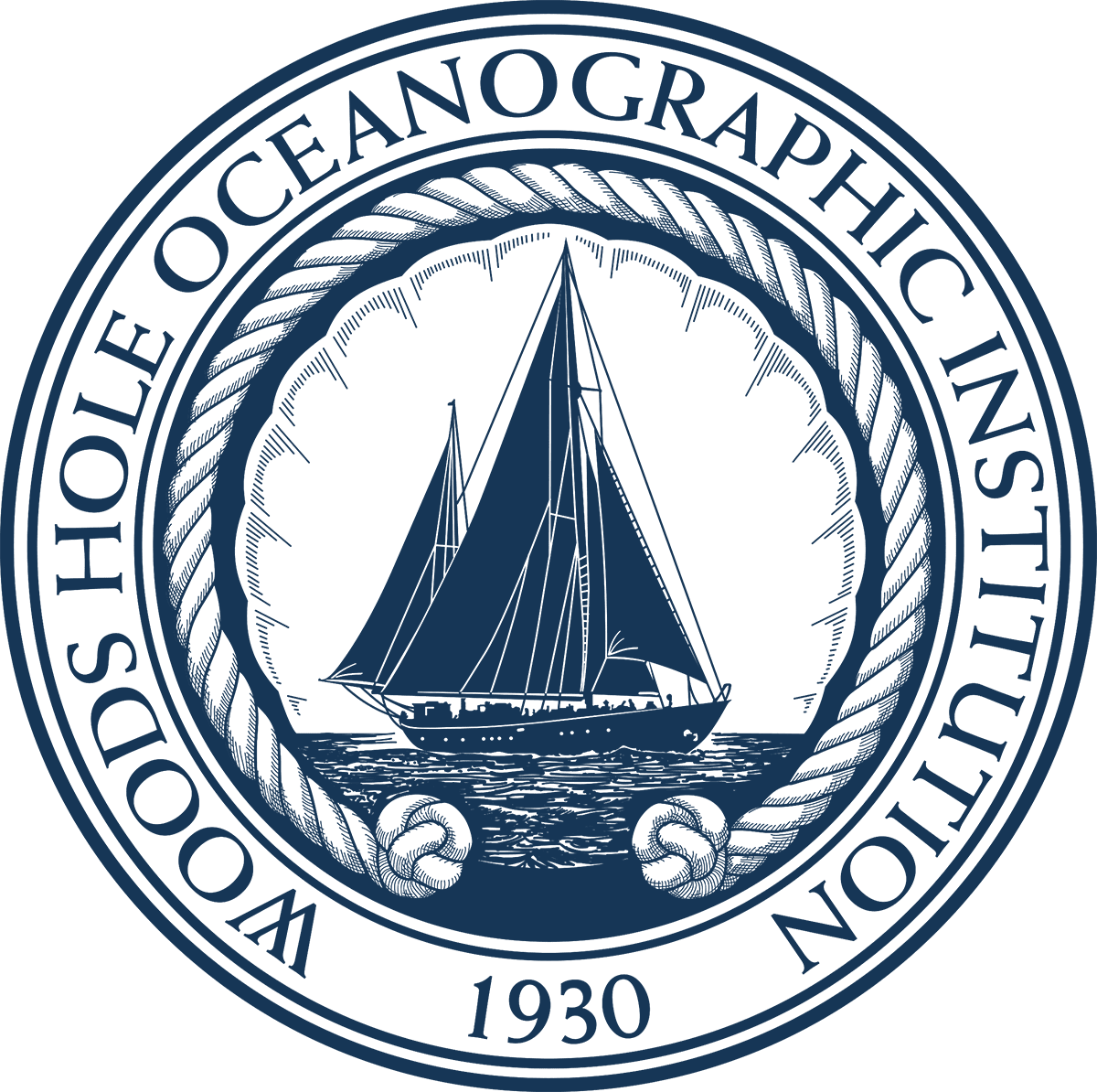URI alums Dave Bailey ‘08 and Sara Shapiro ‘19 work at the Woods Hole Oceanographic Institution in hopes to save the oceans. PHOTO CREDIT: whoi.edu
Two University of Rhode Island alums are striving to protect the oceans from helping the smallest plankton to figuring out the most sustainable way to farm the sea and everything in between.
Dave Bailey ‘08 and Sara Shapiro ‘19 are using their marine biology degrees to study the ocean at the Woods Hole Oceanographic Institution (WHOI) in Woods Hole, Massachusetts.
The WHOI is a research institution that works to gain new knowledge about the ocean and its many ecosystems in order to better protect it. They work to create regulations, engineer new solutions, combat climate change and participate in any other field that is deemed beneficial to help maintain the overall integrity of the world’s oceans.
“The WHOI is important because most of our world is made up of oceans and we need to understand the impact that we can have either to help or to hurt the oceans,” Bailey said.
Bailey as part of his work for the WHOI has worked alongside the U.S. Department of Energy in order to research alternative energy sources.
A large part of the work that is done in order to help the ocean is working to understand the ways that organisms work together in underwater environments to make ecosystems in the ocean function and thrive. Shapiro highlighted that understanding the organisms is very important in being able to keep any organism species alive.
“If we lose a species, it could have a total cascade effect where a bunch of other things die,” Shapiro said. “That could greatly impact us as people because a lot of our income and sustenance comes from the ocean.”
In order to increase our understanding of aquatic species, Shapiro has worked on genetic studies of plankton DNA, helped raise lobster larvae and researched fish that live in the “twilight zone,” which is the layer of the ocean that is so deep that sunlight does not even reach there. The discoveries made about these organisms have helped with the study of aquaculture or the farming of aquatic organisms. This work consists of helping fishing communities that are overfished, as well as figuring out ways to grow crops that don’t have the space on land.
“We worked on a project in Morocco where we helped a local fishing community and showed them where to create aquafarms and taught them different sustainable farming practices,” Bailey said.
Shapiro credited her classes at URI for preparing her for her work with the WHOI, specifically BIO 512: Evolution and Diversity of Fishes with Jacqueline Webb.
“It was probably the hardest class that I took, but it was honestly the best,” Shapiro said. “It taught me so much to this day.”
Sara Shapiro attributed her connections at URI as a help to connecting her to her current job at WHOI, such as one of her lab supervisors she had during graduate school here at URI.
One of the main highlights for Dave Bailey coming out of URI was the semester abroad program in Bermuda, which is a program offered only to students in the Ocean Science Department here at URI.
Shapiro and Bailey both emphasized that every action that a person makes on land has a great effect on the ocean as a whole because the ocean is so sensitive to change.
“I hope that I can promote people’s understanding that we can do things that benefit the organisms just as much as we know that it will benefit us,” Shapiro said.





